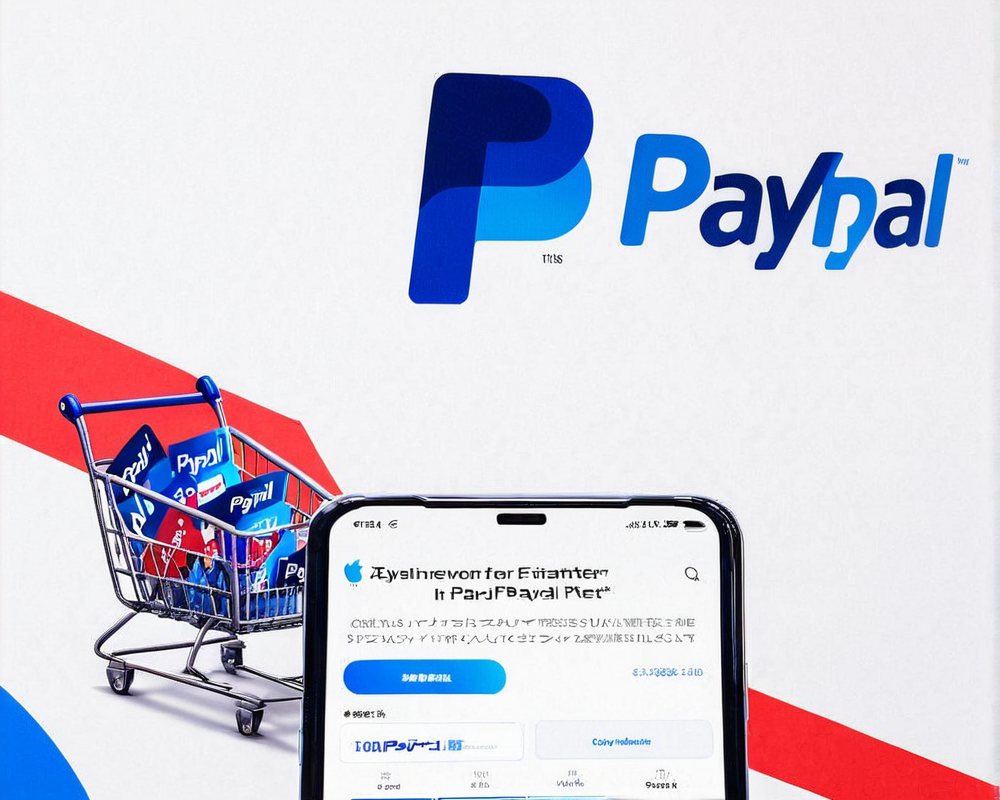Policy Update Cased Outrage
In a surprising turn of events, online payment network PayPal has retracted a controversial policy that would have imposed fines of up to $2,500 on users for spreading misinformation. The move came after significant backlash on social media regarding the clause, which was part of PayPal’s updated Acceptable Use Policy (AUP) set to take effect on November 3.
Details of the Retracted Clause
Initially, the policy was set to cover the sending, posting, or publication of any messages or content that “promotes misinformation.” Following public outcry, PayPal clarified that the clause was published “in error” and that it would not penalize users for statements conflicting with their views. A PayPal representative stated:
“PayPal is not fining people for misinformation, and this language was never intended to be inserted in our policy. […] We’re sorry for the confusion this has caused.”
Community Reaction
The Twitter community reacted fiercely to the proposed fines. David Marcus, former President of PayPal, called the situation “insanity,” arguing that it is unacceptable for a private company to dictate a user’s financial capacity based on their opinions. Elon Musk, former co-founder of PayPal, echoed Marcus’ sentiment by simply stating, “Agreed.”
Sid Powell, co-founder of Maple Finance, highlighted the need for personal custody of funds, stating:
“PayPal is a good example of why you need to custody your own funds. Your finances used to be decoupled from free speech.”
Support for PayPal’s Decision
While many sided with Marcus and Powell, some like Meltem Demirors, Chief Strategy Officer of CoinShares, defended PayPal’s right to determine who can use their services, implicitly acknowledging various levels of censorship and control exercised by corporations across different industries, including crypto. She stated:
“Companies have the right to choose who can use their services without explanation.”
Impacts and Future Projections
The proposed policy could have marked a significant shift in PayPal’s operations and user relationships. Despite retraction, questions will likely linger about how such measures might be applied in the future and the ethical implications surrounding them. PayPal shares have plummeted 64.65% over the last year, highlighting possibly more profound issues facing the company.
As the Nasdaq market prepares to open on October 10, stakeholders are left wondering how these revelations and subsequent retractions could affect PayPal’s market performance going forward.




